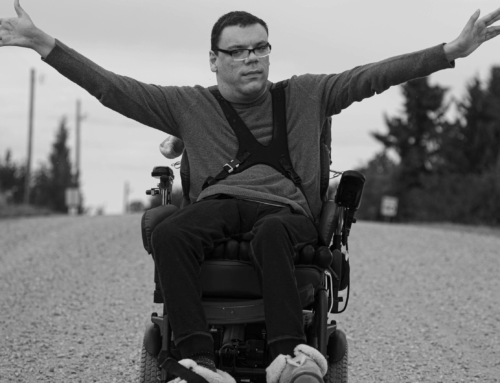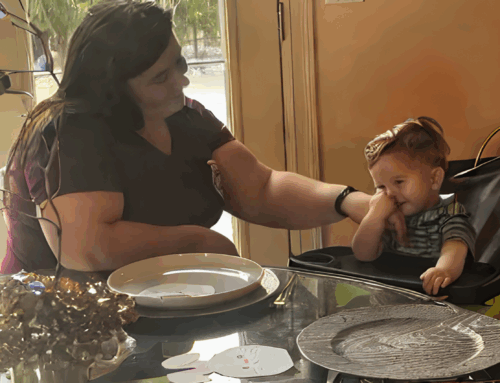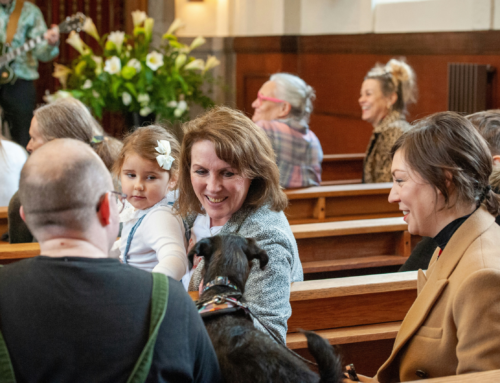I was born with a physical disability known as Cerebral Palsy. As a result I use a power wheelchair: I also live with limited gross and fine motor skills and a visual impairment. Nevertheless, I was taught to believe that all things are possible with God as it says in Phil 4:13.
I can do all this through him who gives me strength
Philippians 4:13
I was continuously encouraged to strive for and find ways to accomplish my goals, no matter what the obstacles. However, emphasis was not placed so much on self-sufficiency and getting things done on my own as understanding all that is involved in completing particular tasks and finding ways to ensure that they are done. This approach gives me the freedom to actively contribute to the realization of any goal by informing, instructing or delegating. It also allows me far greater potential to find innovative solutions. In addition, focusing on understanding the process of how to accomplish particular goals is a form of learning that keeps me conscious of my strengths and challenges. It also makes me inclined to seek out and acknowledge the strengths of others.
There are times when I approach a goal by practicing particular personal skills such as learning how to attach my padlock to my locker. There are times when I rely on technology such as voice recognition software in order to write a speech or a blog post. However, most often I am inclined to collaborate with others. I find that collaborating with others is often the most effective way to accomplish a goal because the strengths of one compensate for the “weaknesses” of another. Everyone has different abilities and gifts to share. If each of us could do the same things we would not really need each other. But in fact our diverse skills and abilities enable us to accomplish far more working with one another then we would be able to on our own. The whole is truly greater than the sum of its parts (see first Corinthians 12)
I think that we may be effectively “disabling” the body of Christ if we do not utilize the gifts and abilities which God has given to every person in order to accomplish the good work that He has for us to do.
Consider whether every person with or without disabilities has a valued role with in your faith community. If not, do they have opportunities to serve and demonstrate their skills and abilities to others?
What kind of gifts, skills and abilities does each person have?
How might you enhance their capacity to use them, foster relationships, invest in technology or assistive devices or practice particular skills that they are motivated to learn?

Stay tuned for Part 2 of this series, and check out Chantal’s previous post where she examines the movie Encanto and how it illustrates the principle of interdependence.


